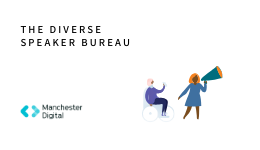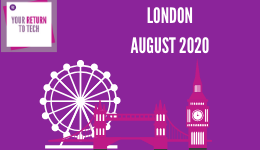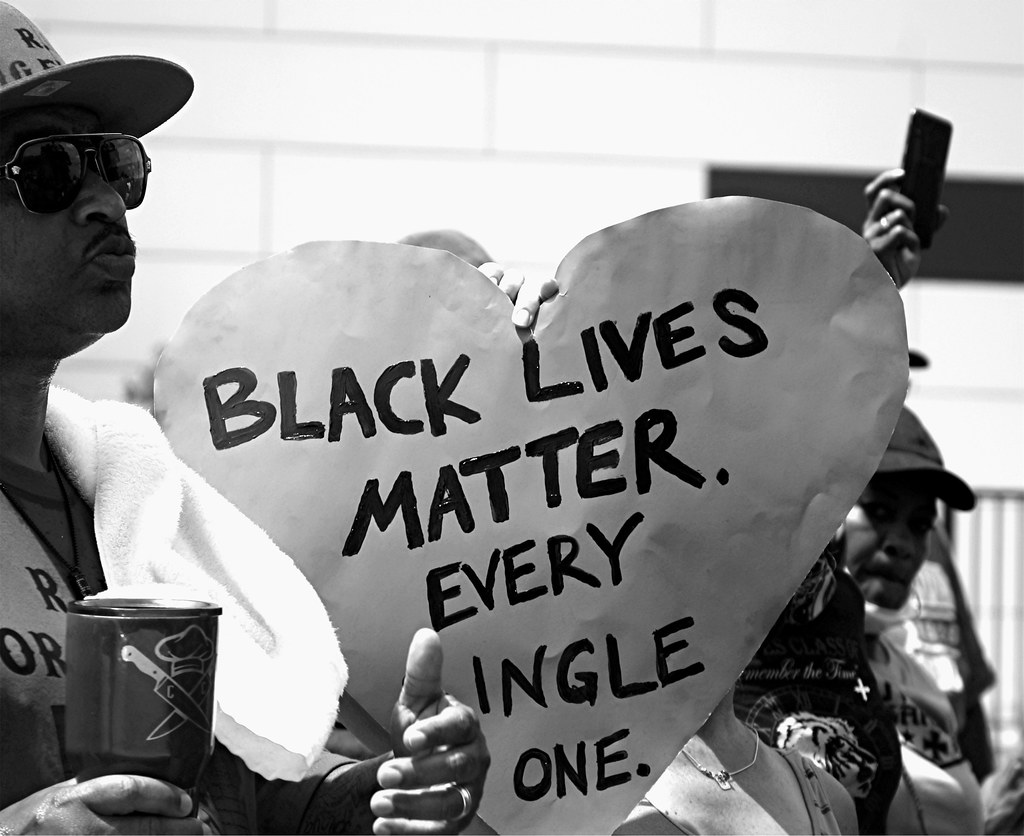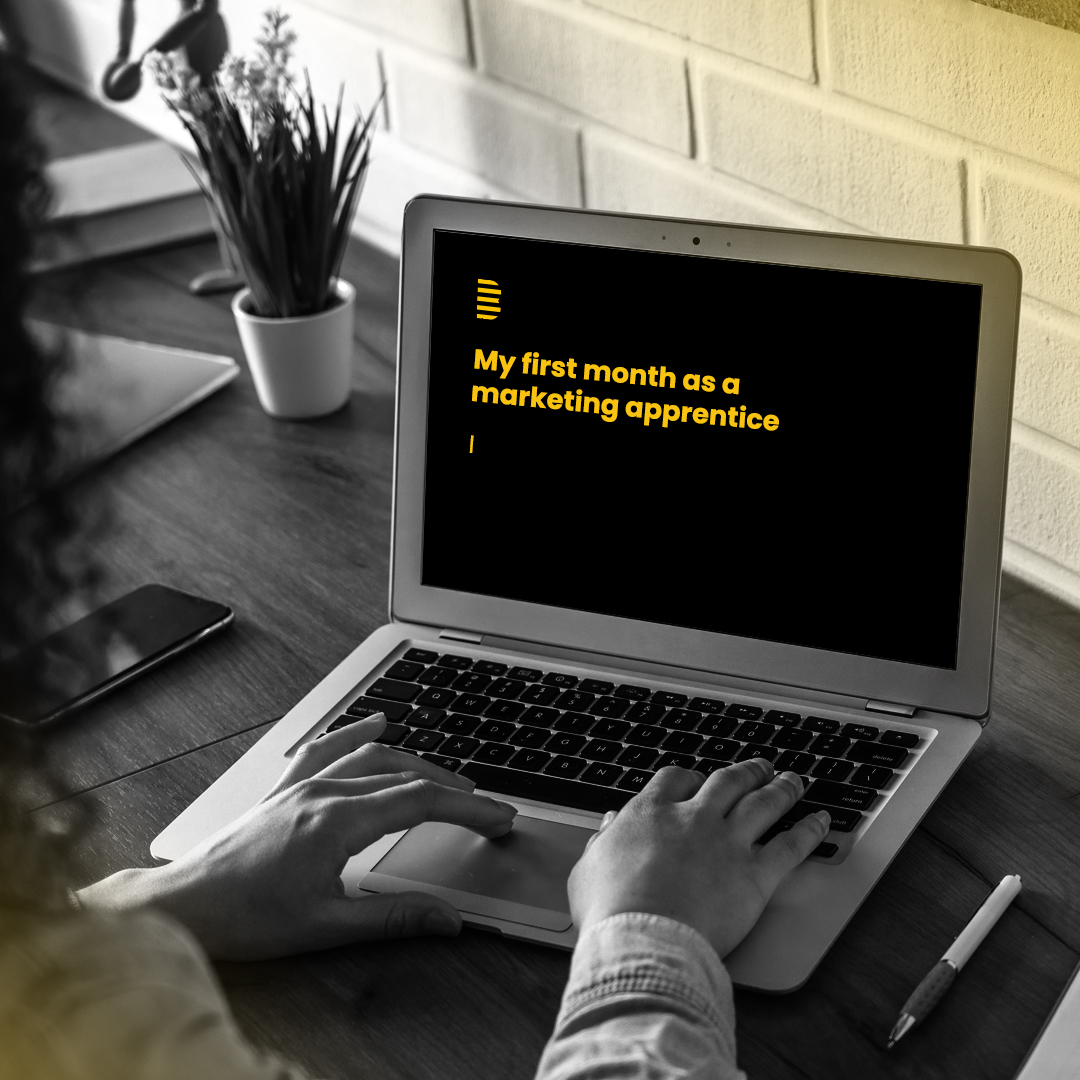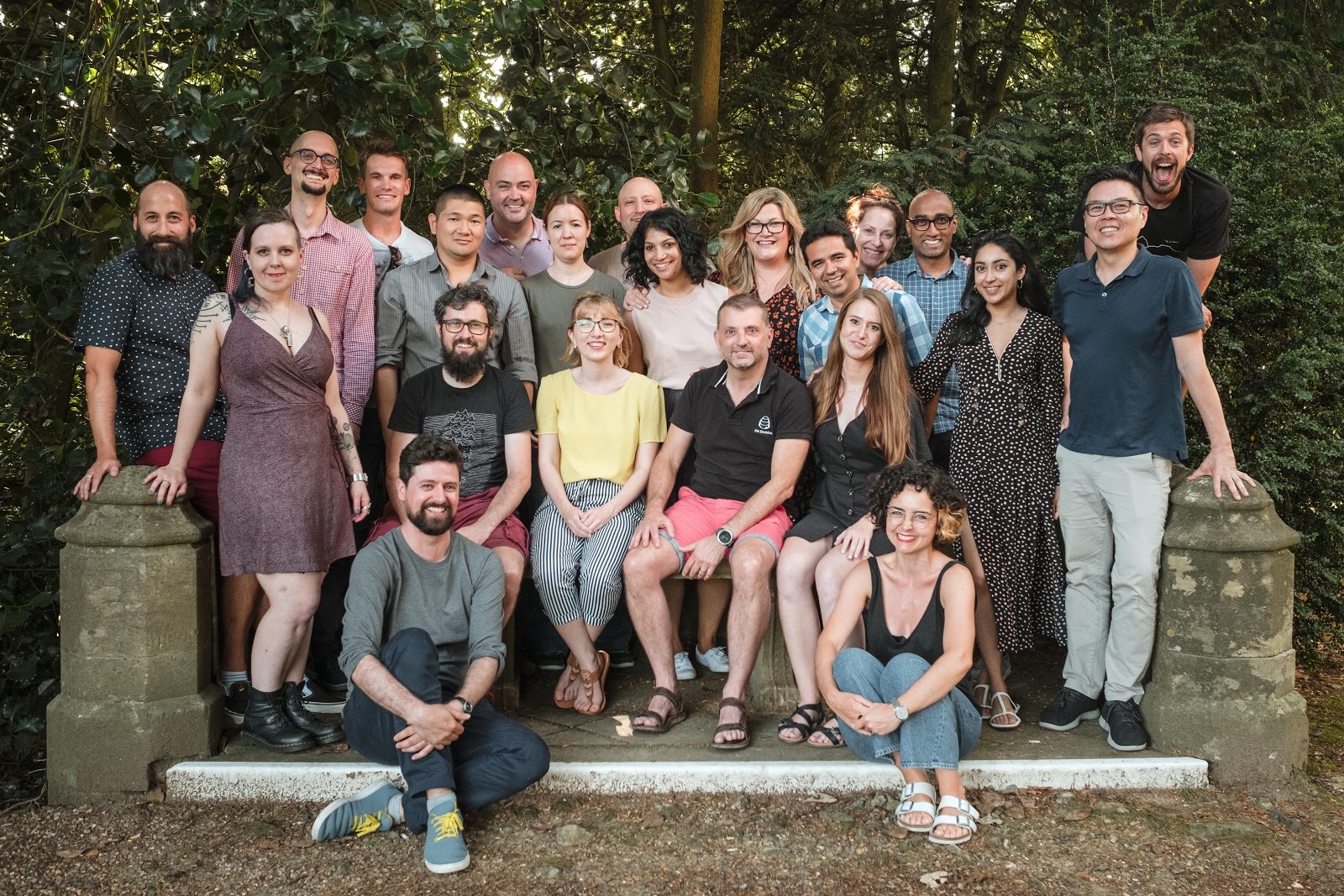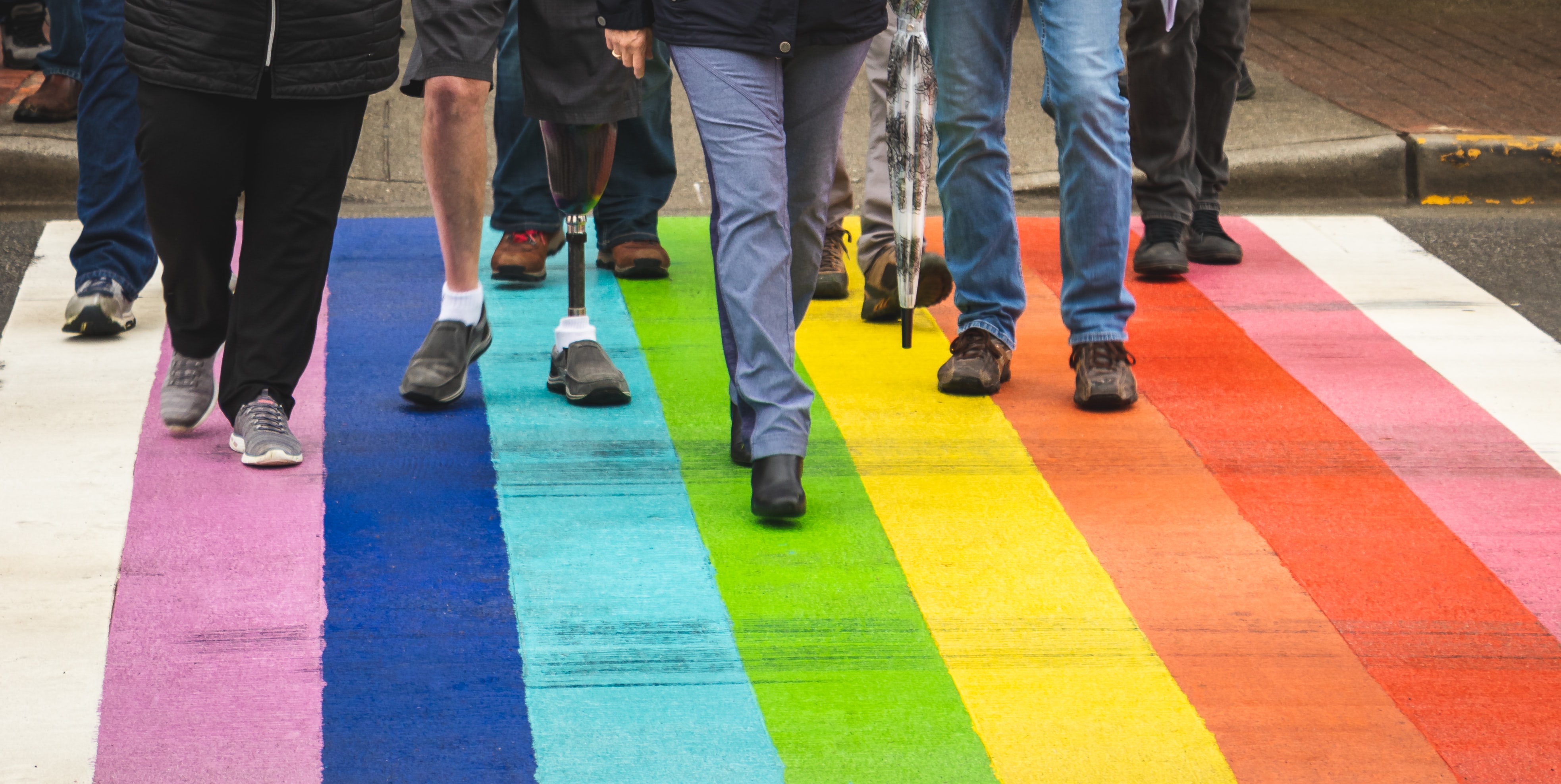
One of the cornerstones of advertising is meeting members of your target audience where they are.
For example, if you are advertising a shampoo product, showing how your product can help the consumer’s hair concerns speaks more to consumers than simply showing images of the shampoo bottle.
Consumers don’t just buy products they need or want; they purchase the ones that they believe will work for them.
When it comes to diversity in marketing, the concept is quite similar. When consumers recognise people in ads that look like they do, or people that may have gone through similar experiences as they have, then consumers are more likely to relate to the people in the ad.
In influencer marketing, this can mean investing in working with influencers from different backgrounds in order to reach wider audiences, resulting in members of your target audience feeling a stronger connection to the product or service.
But with diversity in marketing, the hardest and most important part is getting it right.
So, how can brands harness the power of diversity in their 2022 campaigns?
Let’s find out!
1. Focus on inclusivity, not diversity
It might sound a little counterintuitive, but the best thing that brands can do when it comes to diversity is to not focus on diversity at all.
Diversity is important. It can help brands expand creatively and reach new audiences.
But inclusivity should be a brand’s focus. Why? Because the greatest benefit of diversity is that it encourages viewers to feel seen and included in media.
However, when brands focus on diversity in their campaigns, they may accidentally come across as offensive or virtue signalling.
For example, a popular meme and running joke in the LGBTQ+ community is that every year when Pride Month begins, LGBTQ+ members are overwhelmed with rainbows as brands temporarily change their logos and branding in recognition of the month.
While well-meaning, this can appear to be hollow for consumers, especially if the brand makes no other effort to recognise or include LGBTQ+ members in their branding, marketing, or humanitarian efforts.
Instead, by focusing on intentional inclusivity, brands can celebrate what makes us unique and what unites us, making all members of their target audience feel included.
2. Inclusivity in the workplace
Just as focusing on inclusivity in marketing can show audiences a brand’s commitment to including and celebrating everyone, inclusivity should also be a priority across the business.
According to Edward Enninful, the Editor-In-Chief at British Vogue:
“Brands need to step out of their comfort zone and invest in diverse talent, from the bottom to the top. It has to be done, or the industry won’t progress.”
Brands that prove their commitment to inclusivity can reap the benefits of having a team with a variety of skills, experiences, backgrounds, and perspectives that can only help their businesses grow further.
Not only that, but when a brand invests in diverse talent, consumers can see that the brand’s commitment to inclusivity extends beyond their advertising campaigns.
Brands who do this show that they are not just changing their logo to a rainbow for 30 days of the year. Instead, they are taking actionable steps to celebrate diversity and make sure that everybody feels included and valued.
